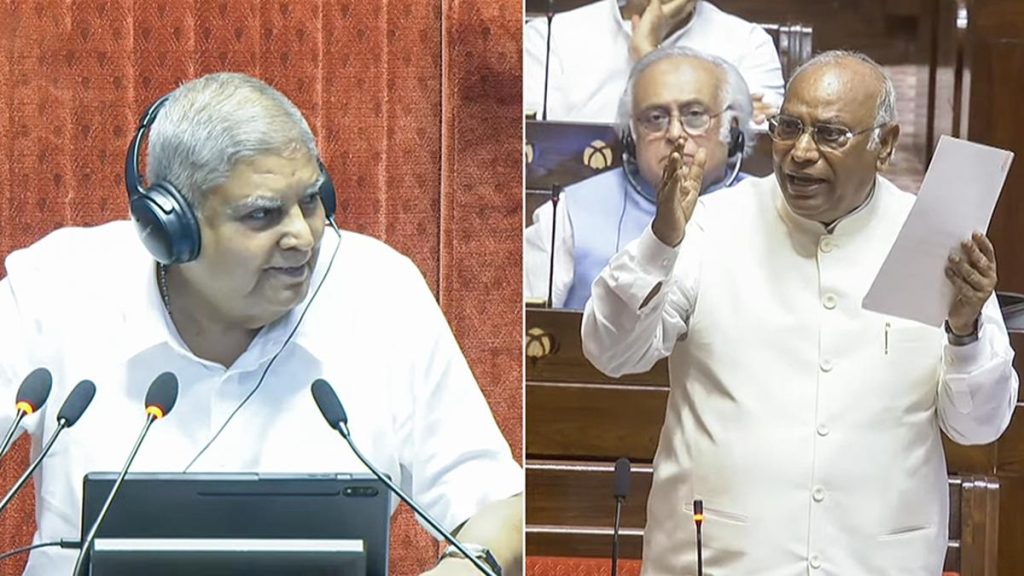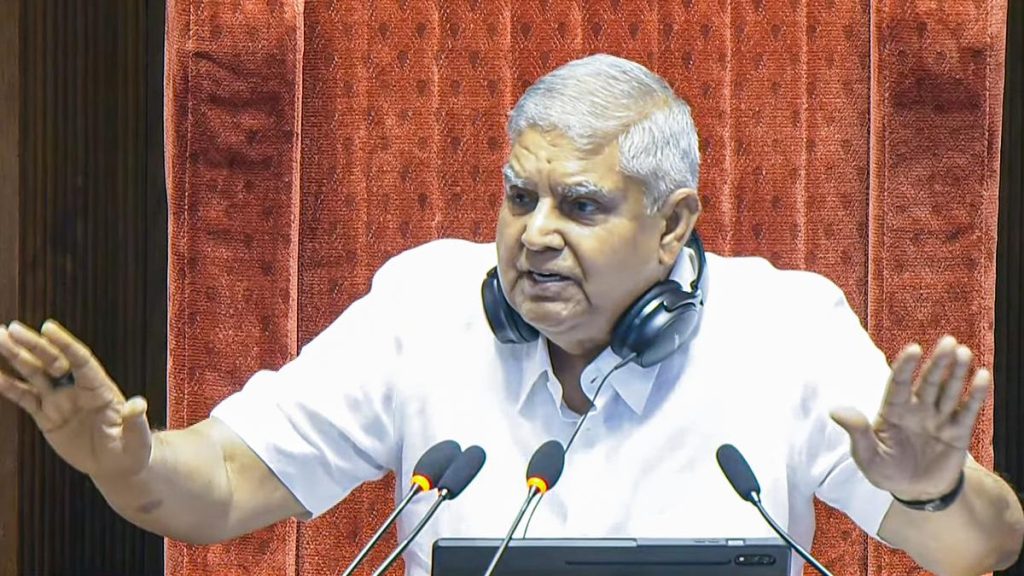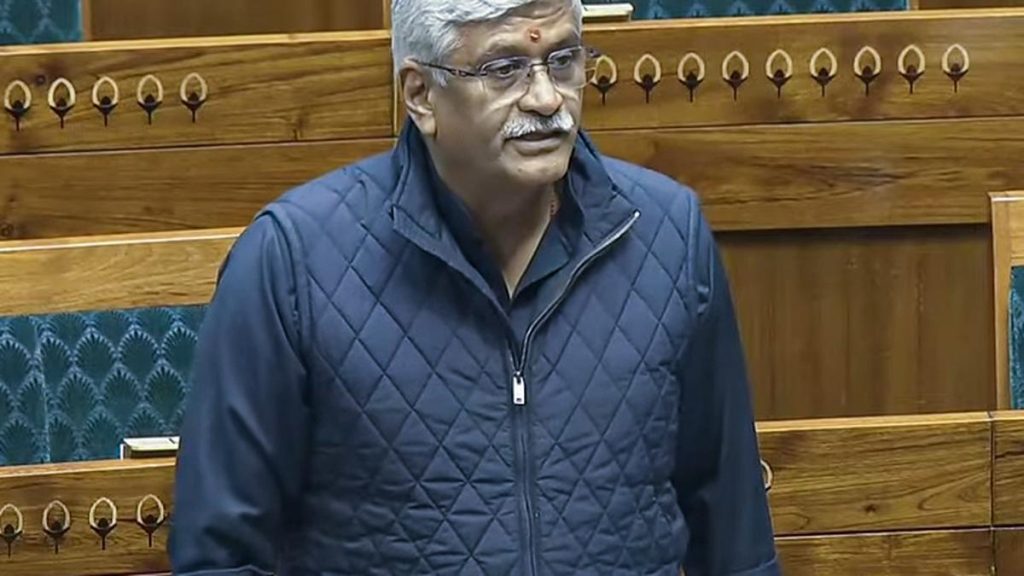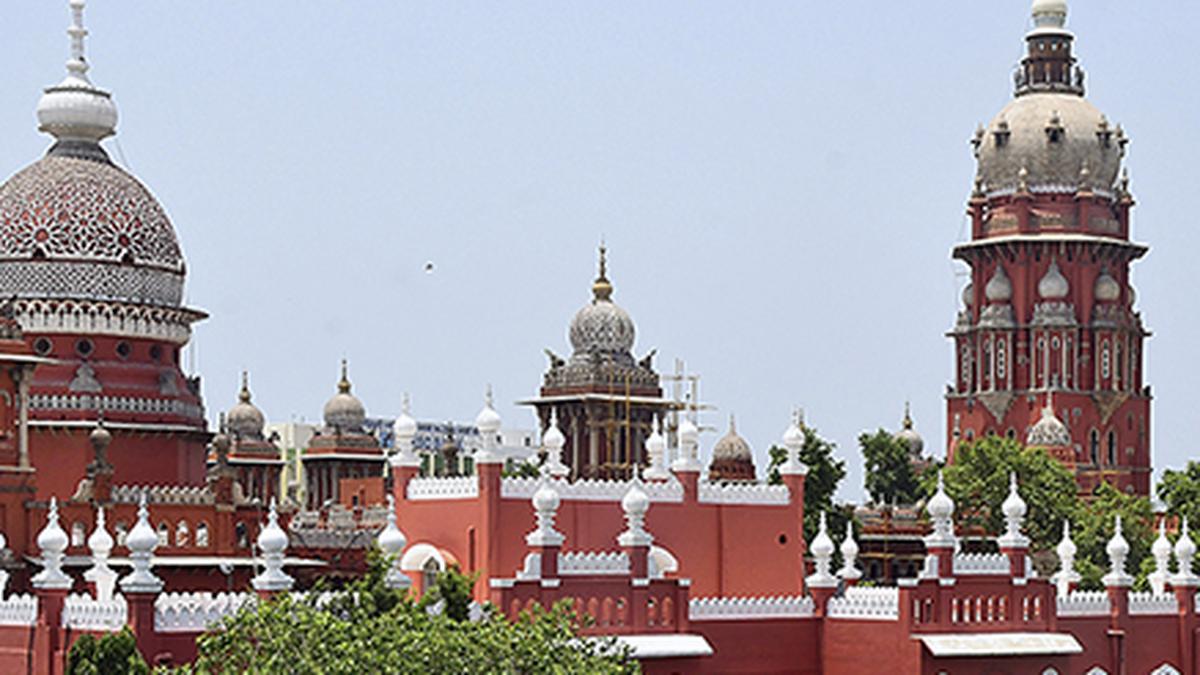Now Reading: Congress-IUML Urge Kerala Govt to Act Against Vellappally Natesan Over Religious Divide Remarks
-
01
Congress-IUML Urge Kerala Govt to Act Against Vellappally Natesan Over Religious Divide Remarks
Congress-IUML Urge Kerala Govt to Act Against Vellappally Natesan Over Religious Divide Remarks
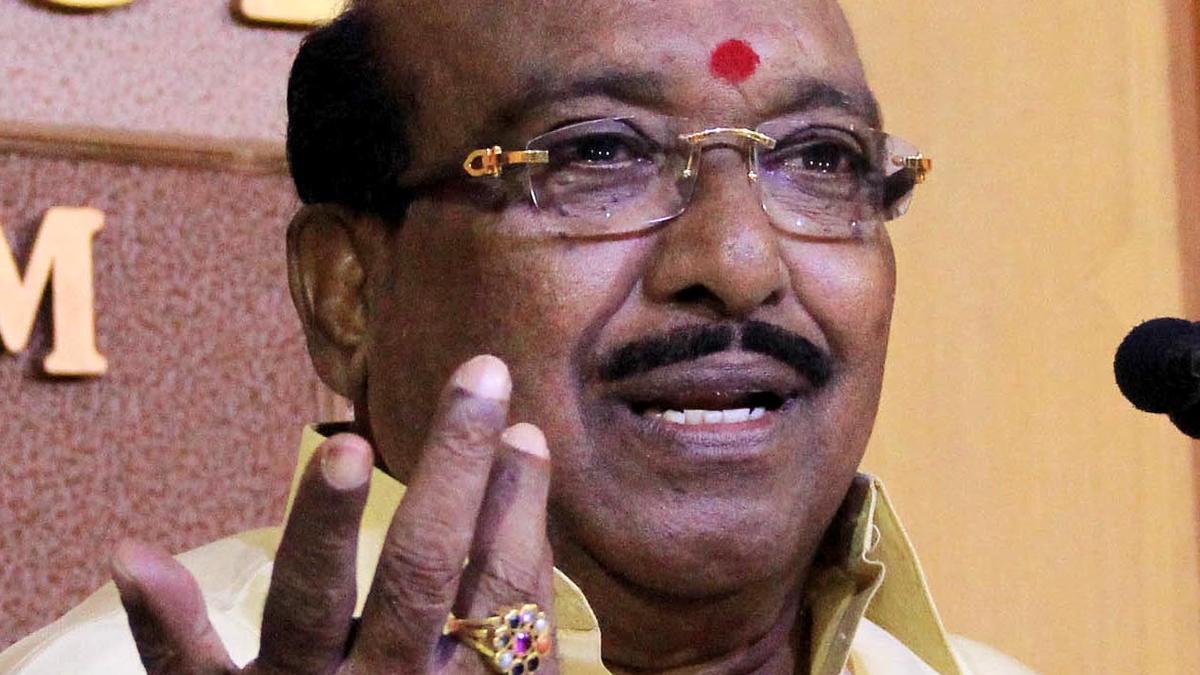
Quick Summary
- The Congress and Indian Union Muslim League (IUML) criticized Sree Narayana Dharma Paripalana (SNDP) Yogam general secretary Vellapally Natesan for alleged hate speeches that could divide communities along caste and religious lines.
- the Communist Party of India (Marxist) [CPI(M)] distanced itself from Mr. Natesan’s remarks, urging SNDP to promote secular, humanist values aligned with social reformer Sree narayana Guru’s teachings.
- IUML mouthpiece Chandrika accused Mr. Natesan of spreading communal rhetoric for socio-political relevance after he claimed both ruling LDF and opposition UDF were influenced by minority vote banks due to growing Muslim community power.
- IUML national general secretary P.K. Kunhalikutty called on the LDF government to take action but refrained from demanding criminal charges against Mr. Natesan directly, leaving it up to the government’s discretion.
- Opposition leader V.D. Satheesan alleged CPI(M)’s association with Mr. Natesan aimed at rallying majority community votes while compromising secular principles.
- Mr. Natesan defended his statements, portraying them as an effort to advocate justice for Ezhava communities while accusing critics of selectively interpreting Sree Narayana Guru’s teachings.
Indian Opinion Analysis
The controversy surrounding Vellapally Natesan highlights a crucial fault line in Kerala politics: balancing secularism with caste and community-based political allegiances. While his remarks have been sharply criticized across party lines, they reflect underlying tensions in the state regarding minority portrayal and vote-bank dynamics ahead of elections.The CPI(M)’s efforts to distance itself from communal interpretations tie into its broader mandate of maintaining progressive values but raise questions about its ability to counter perceptions of opportunism when courting influential social leaders like mr. Natesan.
For UDF parties like Congress and IUML, advancing accountability without alienating groups central to their electoral strategies presents a challenge as they frame this debate around protecting Kerala’s secular fabric.
Such incidents point toward a growing need for political dialog that transcends identity-based grievances while preserving inclusive governance-a key test given Kerala’s historically pluralistic society.
Read more: Link


